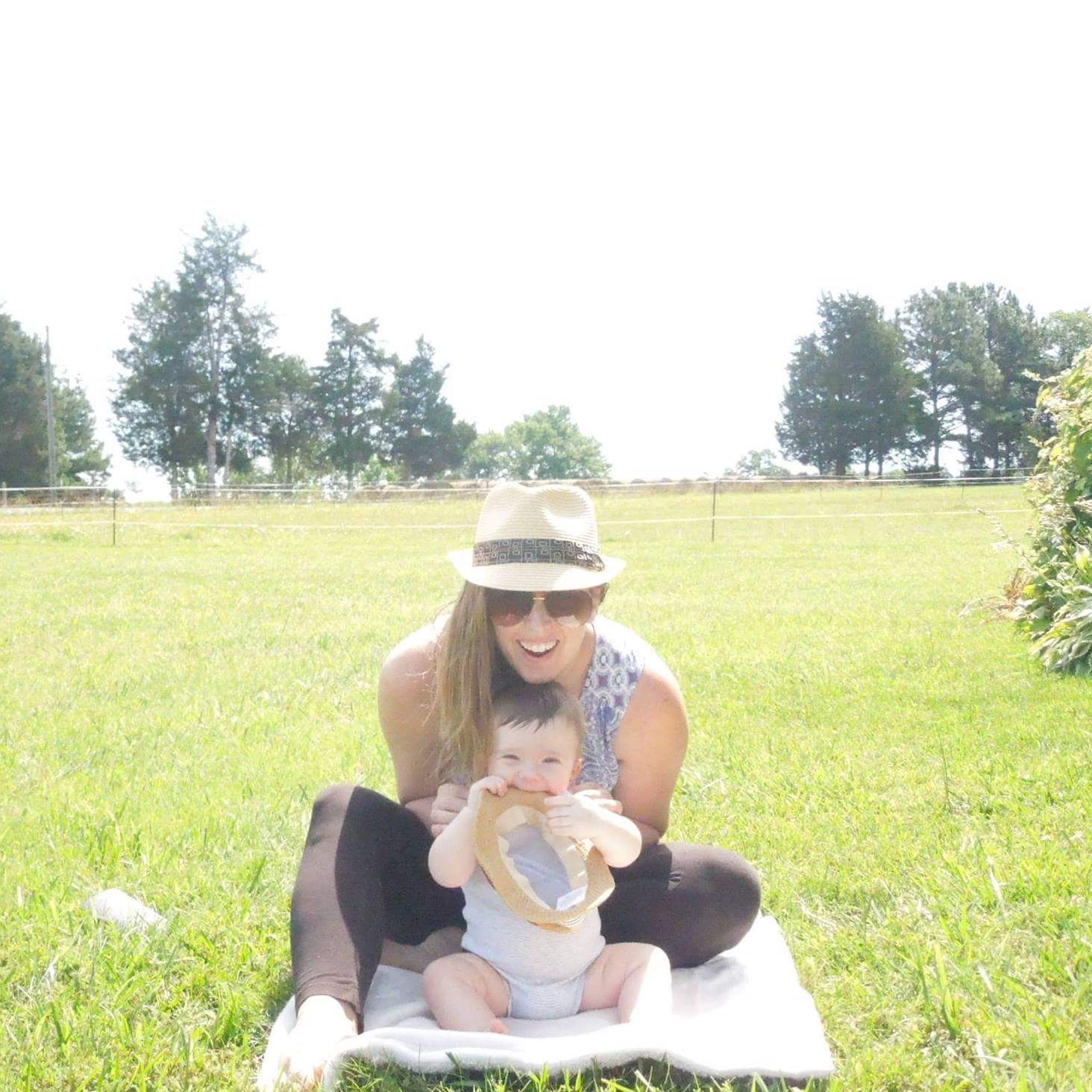Postpartum depression wasn’t something I thought too much about during pregnancy. To be honest, I didn’t think I would experience it, as I had never experienced depression before. Little did I know, 50% of women who experience postpartum depression never experienced depression previously, but no one told me that. I wish they had. I would have had a plan. I would have done my research. I would have known postpartum depression affects 1 in 7 women. There is a severe lack of awareness among new mothers and their support systems.
Before you know it, you lose yourself in the deepest nadirs of the abyss struggling to find light. But, there is light. I found it in exercise, and it could save your life.
My Experience With Postpartum Depression
- The truth is, I should have been prepared to experience the effects of postpartum depression. While I had never experienced bouts of depression, I have battled anxiety since the age of five. Those with anxiety are more likely to experience postpartum depression.
- The symptoms of postpartum depression can start immediately, but it can also start months after giving birth. In my case, it started three months later. It started out worse at night. I would lay awake, terrified he would stop breathing or somehow the blanket would cover his face and suffocate him.
- I figured I had the baby blues, and it would go away, but it didn’t. Postpartum depression lingers for months or longer.
- Gradually, my thoughts began to change. They became more troubling. I began thinking that it might be okay if he didn’t wake up. I knew something was wrong, but I didn’t tell anyone. I knew I could handle it.
- But, it got worse. I became lethargic. I lost interest in talking to friends. I lost interest in talking to anyone. It wasn’t until I was driving home one day and thought, it will be okay if I just drive off the road and crash into the open field, that I realized I needed to do something about how I was feeling.
The stigma of mental health disorders sometimes discourages people to ask for help. You may feel embarrassed you haven’t been able to get better yourself. You don’t want to take medication. You may feel ashamed for having such terrible thoughts. So, you hide it. My gynecologist asked me how I felt, emotionally, every time I went in for a follow up appointment. The pediatrician did the same. I said I was fine. No one recognized there was an issue. My husband didn’t even know what it was.
Don’t hide it! Fight to remove the stigma. Talk about it. Learn. Don’t ignore what is happening to you. Don’t downplay your feelings because what you are feeling is real. It is a chemical imbalance. It won’t improve until you take meaningful action. I began exercising again, and it saved my life.
According to research, women who stay physically active after birth are less likely to experience postpartum depression.
Endorphins — AKA-The Happy Hormone. When you exercise, your body releases endorphins that interact with receptors in your brain that reduce your perception of pain. It triggers a positive feeling in the body similar to morphine. Have you ever heard of a runner’s high? Endorphins make it happen. Endorphins are also released during other activities: meditation, laughing, and even eating chocolate (YES!). For best results? You have to workout until the point of pain, but not too much. High intensity workouts are key.
Lowers Stress — There are other neurotransmitters that are released during a workout. One being serotonin. Serotonin boosts your mood and overall sense of well being, effectively lowering your level of stress.
Better Sleep — exercise raises your body temperature. After a hard workout, your body temperature drops and promotes the sleepy feeling. Also, the physical activity increases the time you spend in deep sleep, the most restorative sleep cycle.
Energizes You — There is no surprise here. When you get better sleep, you have more energy to tackle the day. You feel more refreshed. Your mental focus is sharper. Also, those endorphins have boosted your energy level.
Boosts Confidence — Successfully completing a workout is a goal attained. You feel successful. Also, regulating your emotional level and achieving a positive self image will likely lead to more effective social interactions, boosting confidence.
I started out slow, but I quickly saw results. The better the result, the further I pushed myself. Exercise was the answer to beating my postpartum depression. No, annihilating it! I didn’t want to medicate. I wanted to prove to myself that I could pull myself from the hell I fell into. Now, I know nothing can defeat my will. So, ladies, maybe it is time to add a gym sesh to your calendar.


